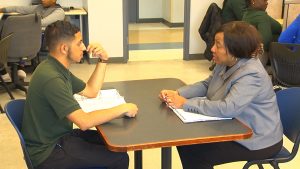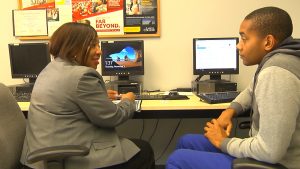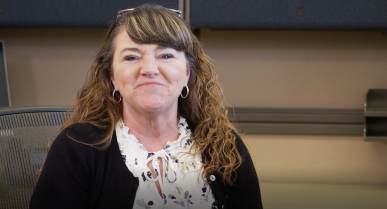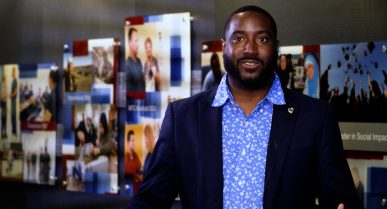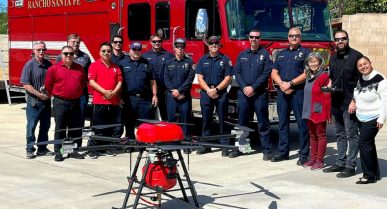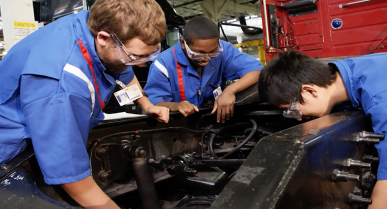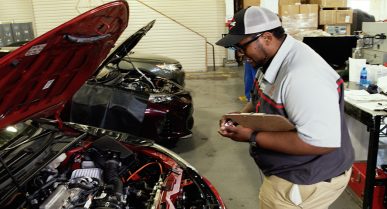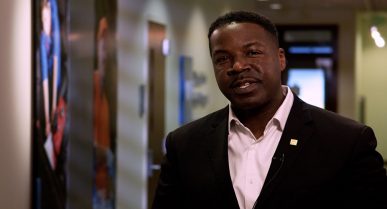Hartford Job Corps Staff Doing What It Takes to Get Students Employed
Career transition services or CTS staff at the Hartford Job Corps Center in Connecticut are busy helping students find jobs.
“We’re not just looking to place you somewhere for a number—we’re really looking to identify a best match for the longevity of your career,” explains Outreach and Admissions/Career Transition Services Project Manager Linda Lopez.
They begin working with students from the moment they enroll in Job Corps.
Linda goes on to say, “You start to work with them, and you see this drive, and sometimes it’s a hidden drive. And I think part of working with them is to pull it out of them, to really help them understand why working and being a contributing member of society is so important.”
Recent Hartford Job Corps graduate Lexio Nunez is grateful for all the support he’s received looking for a job.
“They’ve been really helpful as far as helping me get my resume done, cover letters, interviews and just getting a job in general.”
Lexio Nunez recently completed the manufacturing program, and CTS staff have been with him every step of the way as he started looking for a job.
“They make sure that you’re doing what you have to do,” Lexio says, “to make sure you come out of here with a career.”
Linda says there are so many components to helping graduates find successful careers.
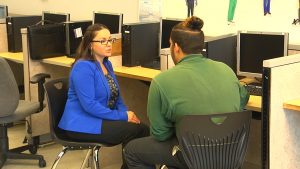 “That’s everything from childcare to transportation to identifying what their skills are in looking at who we have as employers, what skill sets they need and then try to make a match.”
“That’s everything from childcare to transportation to identifying what their skills are in looking at who we have as employers, what skill sets they need and then try to make a match.”
CTS staff put Lexio in touch with a manufacturing company in New Britain, Connecticut called Creed Monarch. Lexio nailed the interview and got the job! He’ll start at $15 an hour.
“It’s going to help me save up for my first car, my own place and just my future,” says Lexio.
But the work of CTS staff isn’t done yet. They keep a close eye on these graduates to make sure they’ll succeed in their new career for years to come.
“We work with them for a year, but to be honest, that’s on the books. You get into this field because you really want to help. So, if they call us a year and a half later or two years later and they need assistance, we’re going to provide them with that support. So, I think it’s a lifetime relationship.”
